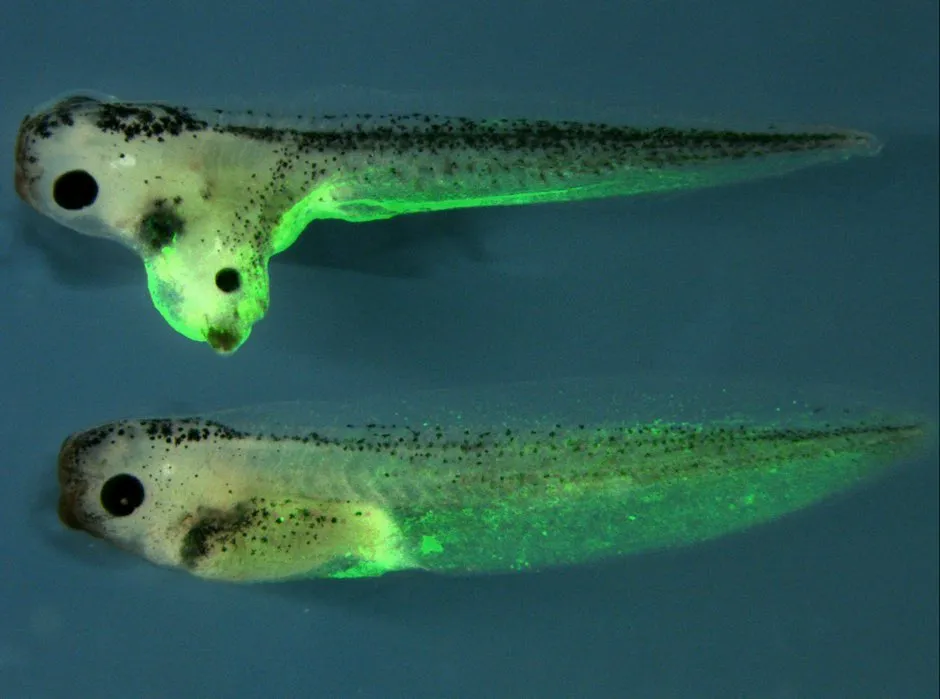It’s well known that tadpoles are able to regrow their tales if they are injured or bitten off by a predator. Now, Russian researchers have identified a gene that is one of the key drivers of this remarkable ability.
What’s more, the loss of the ability to regrow limbs in warm-blooded animals, including humans, may have been caused by the gain or loss of this gene in an ancestor's genome during evolution.
“We suppose that genes can only disappear if removing them has advantages for the animal,” said lead researcher Daria Korotkova of the Shemyakin-Ovchinnikov Institute of Bioorganic Chemistry in Moscow. “So, we suggest that when this gene disappeared from warm-blooded species it was by a mutation, acting as a trade-off for the loss of appendage regeneration.”
Using a complex computer algorithm, the researchers identified several genes that have disappeared in the genomes of warm-blooded vertebrates, including humans, but are still present in cold-blooded ones. They did this by trawling through the DNA of African clawed frogs,Xenopus laevis, and picking out the specific genes code for regeneration. They then looked for similar DNA patterns in warm-blooded species, such as chickens, and noted anywhere a gene differed. They then concentrated their efforts on one of the cold-blooded specific genes and named it c-Answer.

The team then overexpressed or blocked c-Answer in a number of tadpole embryos. They discovered that enhancing c-Answer allowed tadpoles to regenerate lost tails earlier in their life. In contrast, tadpoles that had had c-Answer blocked were not able to not regenerate amputated appendages despite still being able to grow into fully formed adult frogs.
“We also found that over expression of c-Answer causes advanced brain growth and larger eyes, which surprised us, since it means c-Answer modulates for regeneration and brain development,” said Korotkova. “However, it was observed that when c-Answer is blocked,Xenopus laevistadpoles had smaller brains, so there is still work to be done in order to better understand this relationship.”
Read more about genetics: